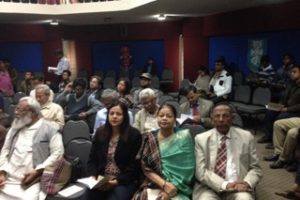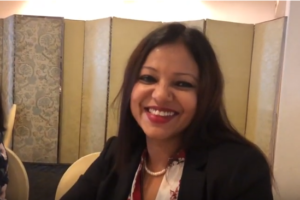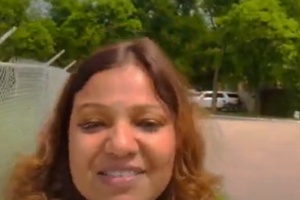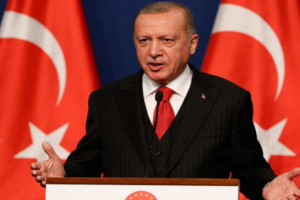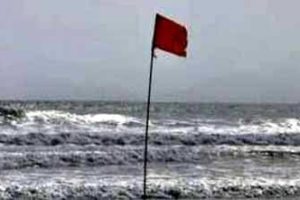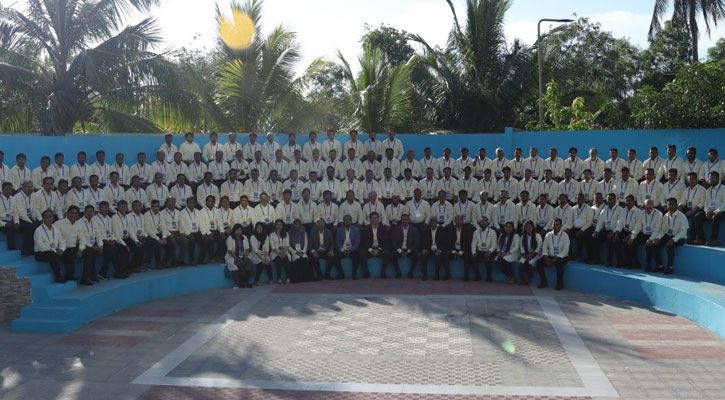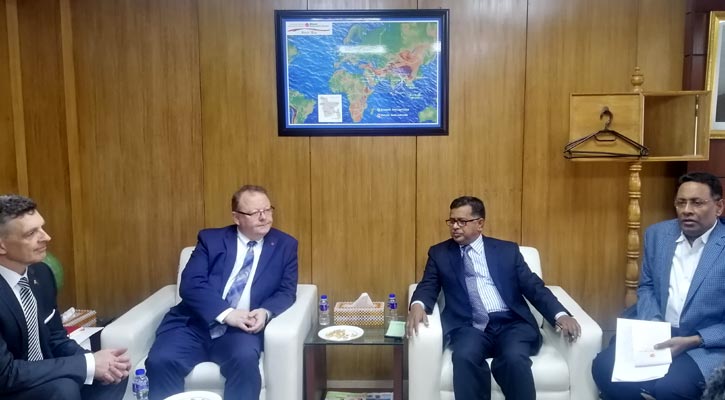Austria’s former chancellor Sebastian Kurz won a snap election he called four months ago after his government collapsed when a scandal engulfed his far-right coalition partner. But the result of Sunday’s vote raised the question of whether he would need to partner again with the far right to form a government, or would shift to the left.
While the scandal — set off by a video revealing the far-right Freedom Party’s openness to Russian influence peddling — did not appear to have dimmed the appeal of Kurz, it did seriously dent voter support for the party, his former coalition partner. The leftist Greens, on the other hand, saw their support more than double.
Kurz’s conservative People’s Party won more than 37% of the vote, according to preliminary results released Sunday — putting him comfortably in first place, but with not enough votes to be able to govern alone.
That result means the former chancellor will need a partner to govern, either linking up again with the far right or tapping the Greens. Buoyed by the recent global call for action to curtail climate change, the Greens surged in a reflection of a trend across Germany and elsewhere in Europe.
A People’s Party coalition with the centre-left Socialists would also be possible numerically, but that was viewed as unlikely, unwanted by either party.
“We were voted out of office in May, and it was a difficult four months, but today the people returned us to office,” Kurz told a room of cheering supporters in Vienna after initial results were announced, thanking them for their trust and support. But he gave no indication of how he would proceed with forming a government.
The Freedom Party won 16% support, a loss of about 10 percentage points from the 2017 election, reflecting continuing fallout from the video that surfaced in May. The video showed the party’s former leader and erstwhile vice chancellor, Heinz-Christian Strache, discussing an exchange of favours with a woman claiming to be a Russian oligarch’s niece.
Last week, prosecutors in Vienna began an investigation into Strache on suspicion of embezzling party funds, a move that could cause further headaches for the party and make Kurz think twice about joining forces with it again.
Only about a third of all voters who supported Kurz wanted to see a return to power of his coalition with the far right, analysts said, but only a quarter want to see him go into power with the Greens.
Kurz has indicated he is open to teaming up again with the Freedom Party, which some analysts said may be a closer policy fit than his other choices.
“Based on an analysis of key issues, there is an 80% convergence between the People’s Party and the Freedom Party, while the People’s Party and the Greens only agree on about 20% of issues,” said Peter Filzmaier, a professor of politics at Danube University Krems.
But based on other parties’ performances at the polls, Kurz may opt to look leftward in an attempt to appeal to younger voters who threw their support behind the Greens.
“After what we have seen today, a coalition between the conservatives and the far right has become less probable and a coalition with the conservatives and the Greens more probable,” Filzmaier said.
The Socialists, another possible governing partner, suffered their worst showing since 1945, earning only 21.8% support based on the results so far. The party’s decision to call a no-confidence vote against Kurz in May, ushering in a caretaker government, led to acrimony between the centre-right and centre-left that analysts said made a potential coalition between the two unlikely.
The Greens returned to Parliament with 14% of the vote, two years after infighting caused the party to split and crash out of the legislature, having failed to clear the 5% hurdle necessary to earn seats.
The surge in support for the Greens meant the party would be enough to enter into a two-way coalition with Kurz’s conservatives. But that would require compromise from all sides, especially on essential issues where the former chancellor has championed a much tougher line, including migration, domestic security and the welfare state.
The leader of the Greens, Werner Kogler, said his party would focus on delivering on its campaign promises to turn around the previous government’s policies.
“There needs to be radical change” in environmental and climate policies and the fight against corruption, Kogler told the public broadcaster ORF.
Many people voted for the Greens because they dislike Kurz, which would make the coalition talks long and difficult, according to Markus Wagner, a professor of political science at the University of Vienna.
“Going together with the Greens would be attractive to Mr Kurz because they have a lot of young voters,” Wagner said. “But in terms of policies, it would be quite a big gap.”
“I don’t think it’s impossible, but it is hard to predict right now what will happen,” Wagner added.
Kurz, 33, revived his staid conservative party two years ago by co-opting and giving a youthful repackaging to much of the far right’s agenda, which ushered him into his first term in office. His recent campaign pledged to continue the work of his previous government, including maintaining a hard line on immigration and ensuring domestic security.
Although that strategy appeared to succeed, the question now for Kurz — and indeed Austria and the rest of Europe — is whether he will double down on that approach and invite the Freedom Party back into coalition, despite past troubles and voters’ diminished support.
“It can’t be expected that 16% will carry much weight,” said Herbert Kickl, a Freedom Party leader and hard-liner who served as interior minister in the previous government, when asked during a debate televised on ORF about the possibility of reviving the coalition.
Critics had looked disapprovingly on Kurz during his term in office for repeatedly turning a blind eye to the Freedom Party’s continual flirtation with anti-Semitic sentiments and extreme-right organisations.
They worry that another far-right coalition could further weaken democratic institutions in the Alpine country, which has long seen itself as a bridge between East and West.
© 2019 The New York Times Company






